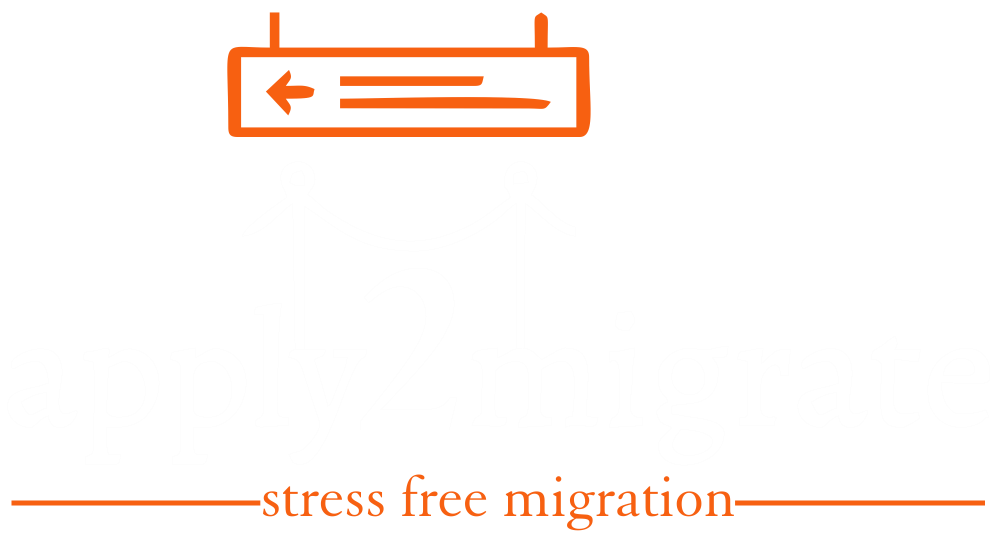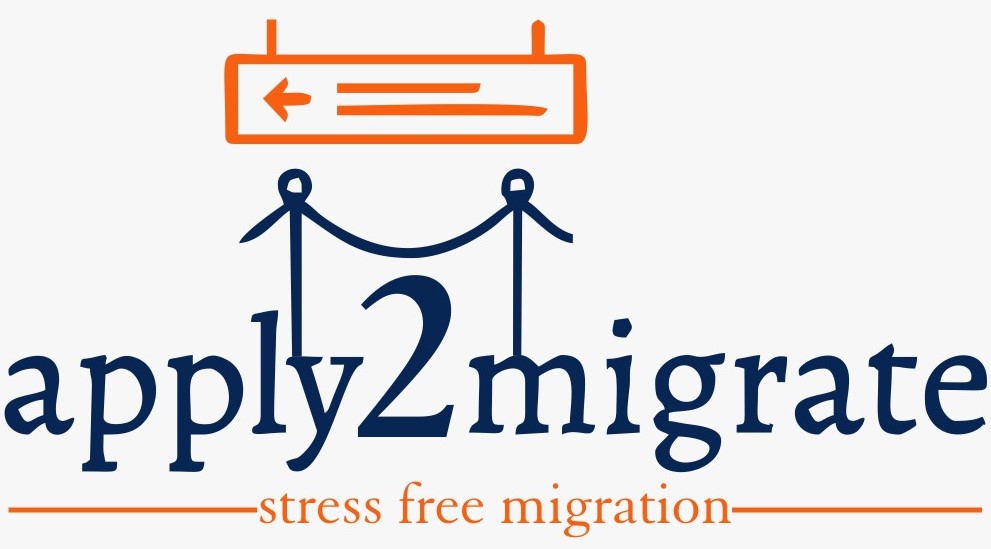Expat tax rules are changing in 2024, impacting people living and working abroad. The government is updating tax regulations, and changing how expats pay taxes on their global income.
Expats must understand these changes, as they affect how they manage their finances and comply with the law.
In this article, we will discuss the key tax updates for expats in 2024.
Introduction of Expat Taxes
Expat taxes are the taxes individuals living outside their home country must pay on their income and assets. These taxes can vary widely depending on the country of residence and citizenship, making it significant for expatriates to navigate tax regulations effectively.
It’s important to stay updated with tax changes to avoid penalties and maximize tax benefits as tax laws can change frequently.
Key Changes in Expat Taxes for 2024
2024 has seen major changes in expat taxes, impacting how expatriates manage their finances abroad.
- Changes in how tax residency is determined may impact expats’ tax obligations and filing requirements.
- Updates to FEIE criteria could affect the amount of income expats can exclude from their taxable income.
- Expats may need to comply with revised FBAR regulations, impacting how they report foreign financial accounts.
- Stricter enforcement and monitoring of expat tax compliance may lead to increased scrutiny and penalties for non-compliance.
- Expats must consider these changes in their financial planning strategies to optimize tax benefits and avoid potential risks.
Canada
Starting January 1, 2024, workers, including foreigners, will pay more into Canada’s Pension Plan (CPP). This change is part of the government’s plan to add a new earnings level to the CPP. To qualify for CPP benefits, you need to be under 60 and have contributed to CPP before. If you earn less than CA$68,500 per year, your contribution rate stays the same. But if you earn more (up to CA$73,200), you’ll pay an extra 4% in contributions.
This update also affects foreigners wanting to buy property in Canada. The ban on foreign property purchases has been extended for two more years, now until January 1, 2027. This news was announced by Deputy Finance Minister Chrystia Freeland on February 4, 2024.
United States
Given the upcoming election, major tax changes are unlikely. The IRS updated federal tax rates in November 2023 due to inflation. Expats still pay taxes on global income but can reduce the burden by deducting foreign-earned income. Verify eligibility for these deductions before applying.

The foreign income exclusion rises to $126,500 from $120,000 in 2023. In 2024, married couples filing jointly get a $1,500 increase in their standard deduction, reaching $29,200. Separately, it rises by $750 to $14,600. High earners over $609,350 maintain a 37% tax rate.
Good news for parents eligible for the Child Tax Credit (CTC)! The House extended the program, aiming to help more taxpayers, especially those in tough situations. The update considers the current or previous year’s income for the CTC, increasing to $1,800 per child in 2023, $1,900 in 2024, and $2,000 in 2025 if approved by the Senate.
Germany
Expats who own homes in Germany must meet new property tax rules. Residents in Bavaria, Hamburg, and Lower Saxony must file a property tax return by March 31, 2024, for any changes in 2023 that increased or decreased property value by over €15,000. This includes extensions, construction, plot size changes, etc. Other regions had a deadline of January 31, 2024. Foreign property owners in Germany must declare rental income there, even if they live elsewhere.
France
France has updated its calculations to factor in inflation. The income tax (IR) thresholds for 2024 (based on 2023 income) will be raised by 4.8% to accommodate the increased cost of living. The 2024 Finance Bill has revealed the updated tax bracket thresholds:
- Tranche 1: from 0 to 11,294 euros;
- Tranche 2: from 11,295 to 28,797 euros;
- Tranche 3: from 28,798 to 82,341 euros;
- Tranche 4: from 82,342 to 177,106 euros;
- Tranche 5: over 177,107 euros.
Expats in France pay income tax on all local income types like salaries, benefits, pensions, and more. While some adjustments might benefit many, high earners will feel a bigger impact.
Property and electricity tax increases are expected. Property tax may rise about 3.9%, depending on local decisions. Electricity taxes were reduced during the energy crisis but might increase slightly, aiming for less than a 10% rise.
Additional tips on expatriation and taxation
Expats usually pay taxes based on where they live. They report all income to local tax offices, but rules vary by country. For example, the U.S. can tax worldwide income.
Know the difference between tax resident and non-resident. Expats often aren’t taxed in their home country but may owe taxes if they earn from there, like rent.
Declare overseas bank accounts to local tax authorities. Tax treaties aim to avoid double taxation, but research your host country’s tax rules before moving. A tax advisor in your host country can help with accurate information and tax filing.
Strategies for Managing Expat Taxes in 2024
- Maintain Accurate Records: Keep detailed records of your income, expenses, and tax-related documents.
- Consult Tax Professionals: Seek guidance from tax experts specializing in expat taxes to ensure compliance and maximize tax benefits.
- Stay Informed: Keep up-to-date with tax law changes, deadlines, and requirements relevant to expats.
- Utilize Tax Software: Consider using tax software tailored for expats to simplify the filing process and optimize tax calculations.
- Plan Strategically: Develop a proactive tax planning strategy to manage liabilities and make informed financial decisions while living abroad.
Frequently Asked Questions (FAQs)
Q: What are expat taxes?
Expat taxes are the taxes individuals living outside their home country must pay on their income and assets earned abroad.
Q: Why is it important to stay updated with tax changes?
Staying updated helps avoid penalties and maximize tax benefits, as tax laws can change frequently.
Q: What are some key changes in expat taxes for 2024?
Changes include updates to tax residency rules, foreign earned income exclusion (FEIE) criteria, FBAR reporting requirements, and increased enforcement.
Q: How do FEIE changes in 2024 impact expats?
FEIE changes can affect the amount of foreign income expats can exclude from taxable income, potentially impacting their tax liabilities.
Q: What strategies can expats use to manage taxes in 2024?
Strategies include maintaining accurate records, consulting tax professionals, staying informed about tax law changes, utilizing tax software, and developing proactive tax planning.
Final Thoughts
Navigating expat taxes in 2024 requires staying informed, consulting experts, and adopting proactive strategies. By understanding key changes, managing records diligently, and leveraging available resources, expatriates can optimize tax benefits and ensure compliance with evolving tax regulations.
“Apply2migrate simplifies immigration with end-to-end solutions, including visa services, real estate assistance, and relocation support. Our expert team ensures a stress-free experience and high visa acceptance rates for investors, entrepreneurs, job seekers, and more.”


